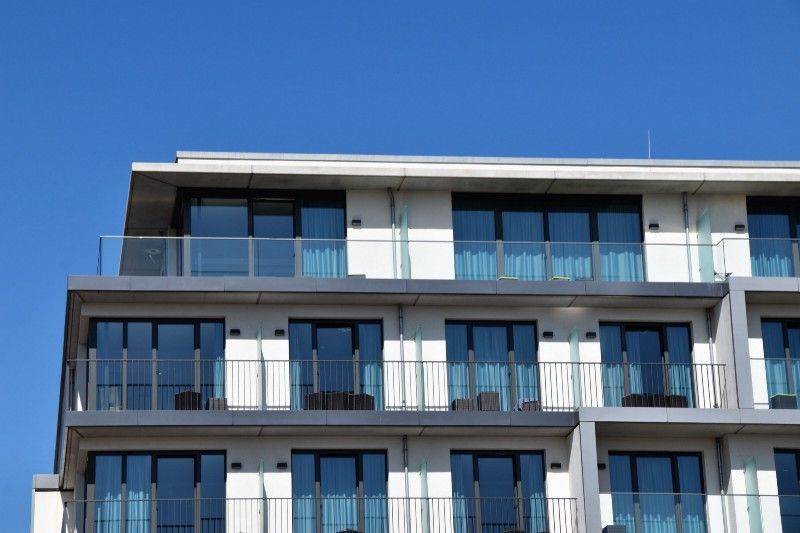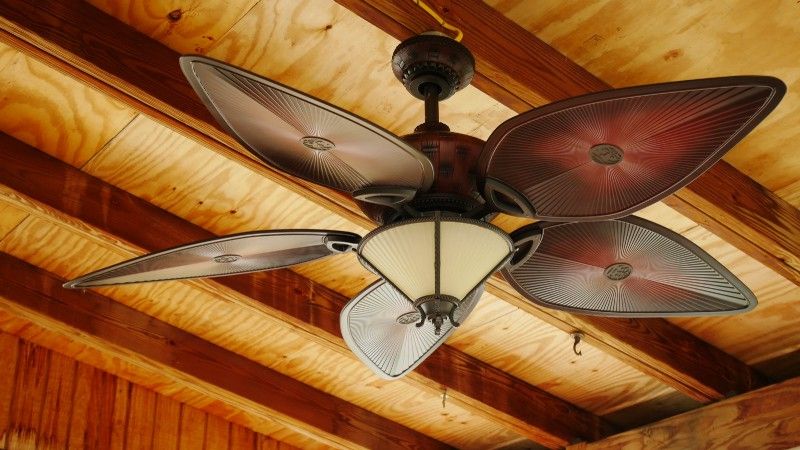How to keep your home or office cool in Singapore
Sadly, with global warming, Singapore is going to get hotter and hotter. These are the things Shan usually proposes when renovating a home.

Sadly, with global warming, Singapore is going to get hotter and hotter. These are the things Shan usually proposes when renovating a home.
Isolate your home
Double glazing is a great way to insulate your home. It is the best for those who are trying to save money on cooling (and technically, also on heating outside of Singapore).
Double glaze in Singapore is not that common as not every contractor is able to provide the right glass, the sturdier window frames and to properly seal for it to be effective. It’s usually roughly double the price of single paned glass, but it can help you save up on costs in the long run.
An added benefit is that this provides excellent sound insulation as well: less outside noise that’ll creep in — that’s why we usually recommend it at the very least in bedrooms.
Other ways to isolate rooms is making sure the walls are thick enough and built using the right material and thicker doors are used. Talking about doors, thicker and stronger doors usually have a better fire-rating as well.

Have a ceiling fan to keep you cool in your home
Ceiling fans are a great way to cool off your home in the summer without having to turn up the air conditioning. Especially units that don’t have a lot of big windows or are on lower levels without a lot of wind drafts, benefit from having ceiling fans.
Ceiling fans can be an inexpensive (depending on the brand) and effective way of cooling your home. Creating a small breeze doesn’t just cool the room, it also makes it more comfortable by making you feel more relaxed and cosy once you’re inside.
Shan’s usual go-to fan brand is Haiku. Especially if you’re using smart home tech, the Haiku fans can be connected to Alexa or Google Home.

Aircon
Air conditioners are important — nay — indispensable in Singapore. Air conditioning can provide the cooling in the “hotter” areas such as the kitchen or living room, but many clients request it in their room as well, as it helps with the sleep quality.
In terms of which air conditioning to get, we usually get a professional to assess the room (size, purpose of the room (study rooms with computers and monitors tend to be warmer than kid’s play rooms), amount of pax, etc). An air conditioner that’s too small won’t do any good because if it doesn’t have enough power to effectively cool the room. The technician will provide a professional assessment and will offer the right type of unit (which usually varies per room) and the power of the condenser needed.
Stay connected to know about Shan’s amazing projects and professional tips via Instagram, Facebook, Pinterest, and LinkedIn.
Thank you.
